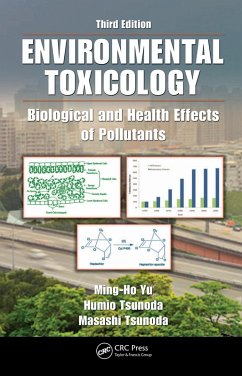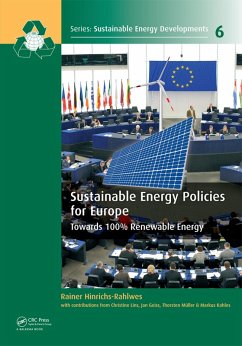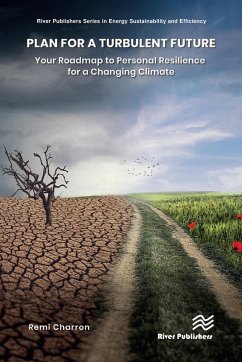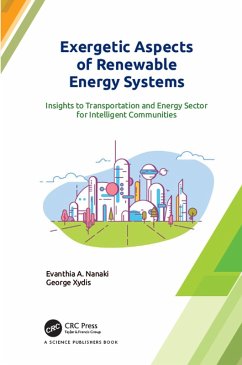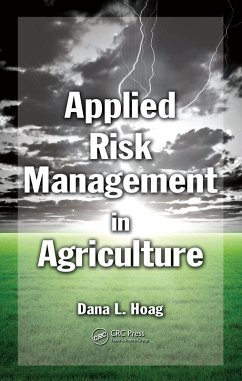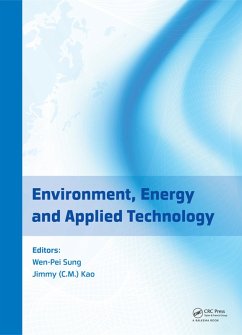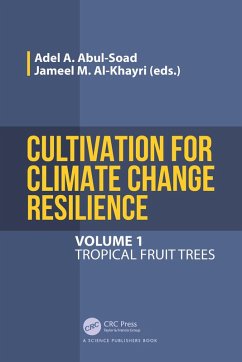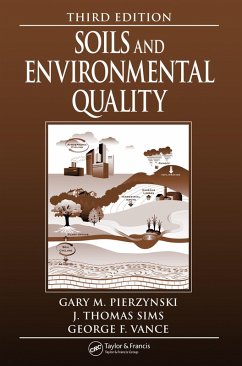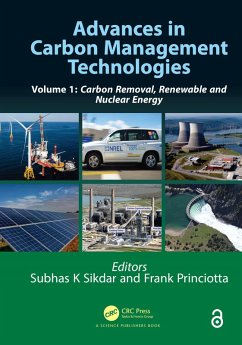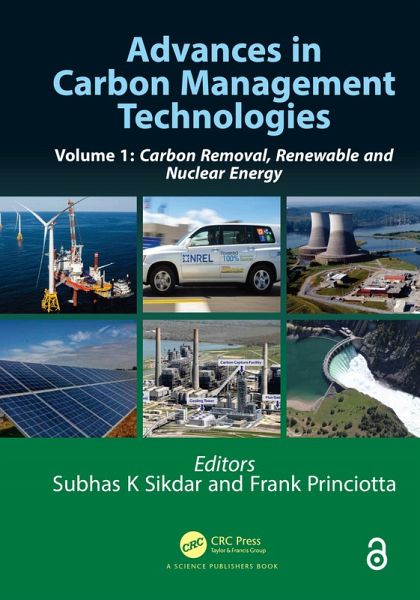
Advances in Carbon Management Technologies (eBook, ePUB)
Carbon Removal, Renewable and Nuclear Energy, Volume 1
Redaktion: Sikdar, Subhas; Princiotta, Frank
Versandkostenfrei!
Sofort per Download lieferbar
66,95 €
inkl. MwSt.
Weitere Ausgaben:

PAYBACK Punkte
33 °P sammeln!
Advances in Carbon Management Technologiescomprises 43 chapters contributed by experts from all over the world. Volume 1 of the book, containing 23 chapters, discusses the status of technologies capable of yielding substantial reduction of carbon dioxide emissions from major combustion sources. Such technologies include renewable energy sources that can replace fossil fuels and technologies to capture CO2 after fossil fuel combustion or directly from the atmosphere, with subsequent permanent long-term storage. The introductory chapter emphasizes the gravity of the issues related to greenhouse ...
Advances in Carbon Management Technologies
comprises 43 chapters contributed by experts from all over the world. Volume 1 of the book, containing 23 chapters, discusses the status of technologies capable of yielding substantial reduction of carbon dioxide emissions from major combustion sources. Such technologies include renewable energy sources that can replace fossil fuels and technologies to capture CO2 after fossil fuel combustion or directly from the atmosphere, with subsequent permanent long-term storage. The introductory chapter emphasizes the gravity of the issues related to greenhouse gas emissionglobal temperature correlation, the state of the art of key technologies and the necessary emission reductions needed to meet international warming targets. Section 1 deals with global challenges associated with key fossil fuel mitigation technologies, including removing CO2 from the atmosphere, and emission measurements. Section 2 presents technological choices for coal, petroleum, and natural gas for the purpose of reducing carbon footprints associated with the utilization of such fuels. Section 3 deals with promising contributions of alternatives to fossil fuels, such as hydropower, nuclear, solar photovoltaics, and wind.
Chapter 19 of this book is freely available as a downloadable Open Access PDF at http://www.taylorfrancis.com under a Creative Commons Attribution-Non Commercial-No Derivatives (CC-BY-NC-ND) 4.0 license.
comprises 43 chapters contributed by experts from all over the world. Volume 1 of the book, containing 23 chapters, discusses the status of technologies capable of yielding substantial reduction of carbon dioxide emissions from major combustion sources. Such technologies include renewable energy sources that can replace fossil fuels and technologies to capture CO2 after fossil fuel combustion or directly from the atmosphere, with subsequent permanent long-term storage. The introductory chapter emphasizes the gravity of the issues related to greenhouse gas emissionglobal temperature correlation, the state of the art of key technologies and the necessary emission reductions needed to meet international warming targets. Section 1 deals with global challenges associated with key fossil fuel mitigation technologies, including removing CO2 from the atmosphere, and emission measurements. Section 2 presents technological choices for coal, petroleum, and natural gas for the purpose of reducing carbon footprints associated with the utilization of such fuels. Section 3 deals with promising contributions of alternatives to fossil fuels, such as hydropower, nuclear, solar photovoltaics, and wind.
Chapter 19 of this book is freely available as a downloadable Open Access PDF at http://www.taylorfrancis.com under a Creative Commons Attribution-Non Commercial-No Derivatives (CC-BY-NC-ND) 4.0 license.
Dieser Download kann aus rechtlichen Gründen nur mit Rechnungsadresse in A, B, BG, CY, CZ, D, DK, EW, E, FIN, F, GR, HR, H, IRL, I, LT, L, LR, M, NL, PL, P, R, S, SLO, SK ausgeliefert werden.




